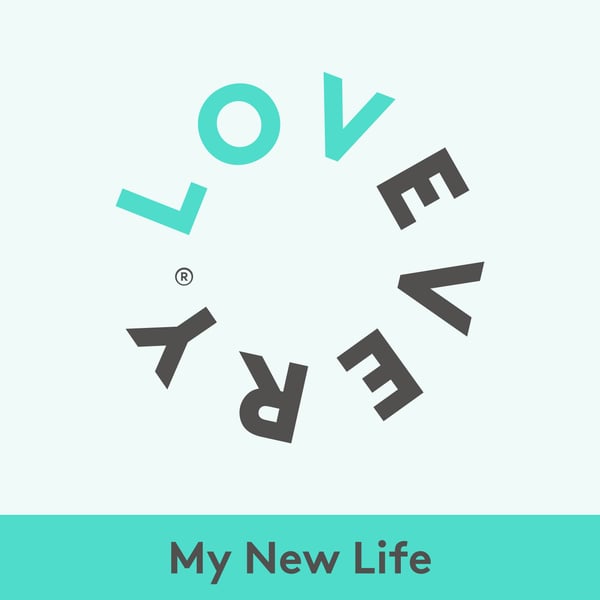How phonics can support children with dyslexia
My New Life
Kate Garlinge
4.7 • 654 Ratings
🗓️ 8 January 2025
⏱️ 19 minutes
🧾️ Download transcript
Summary
As you may know, Lovevery now offers The Reading Skills Set. It’s a phonics-based program that makes reading fun, motivating your child to read through play. It covers skills from pre-K through Second grade.
In this episode, My New Life host Jessica Rolph talks with Sprout Labs CEO Carla Small about the neuroscience behind dyslexia, and why it has nothing to do with reversing letters. Carla and Dr. Nadine Gaab created EarlyBird, an early literacy assessment used in school districts nationwide.
Mentioned in this episode:
Brought to you by Lovevery.com
Receive weekly emails about your child’s development, and stay in the know about new play essentials, promos, and more by signing up at Lovevery.com
Follow Lovevery and Jessica Rolph on Instagram
Transcript
Click on a timestamp to play from that location
| 0:00.0 | Welcome to My New Life, a Love Every podcast. |
| 0:08.6 | I'm your host, Jessica Rolfe. |
| 0:12.3 | As you may know, Love Every now offers the reading skill set. |
| 0:17.3 | It's a phonics space program that makes reading fun, motivating your child to read through play. |
| 0:23.2 | It covers skills from pre-K all the way through second grade. |
| 0:26.8 | In this episode, we're going to talk about the neuroscience behind dyslexia and why it has nothing to do with reversing letters. |
| 0:34.0 | Carla Small and Dr. Nadine Gobb created Early Bird, an early literacy assessment used in school districts nationwide. |
| 0:41.2 | Today I'm speaking with Carla. Welcome to My New Life, Carla. |
| 0:45.1 | Hi. It's great to be here, Jessica. Thank you. |
| 0:48.1 | So you work with Dr. Nadine Gab from Harvard. She's a co-founder and scientific advisor for Early Bird. And her position is that |
| 0:56.3 | dyslexia is preventable. This is the first time I've heard about this, that actually you can |
| 1:01.4 | prevent dyslexia. Can you tell us more about this? Yeah, that's pretty eye-opening, isn't it? |
| 1:06.2 | So basically, the concept is that if you catch it early and you identify children who have a risk |
| 1:12.3 | for dyslexia, then you give them what they need, which is basic good instruction, then |
| 1:17.6 | you'll actually prevent the fact that downstream they won't be able to read. |
| 1:21.5 | And that really is what we mean by preventing dyslexia. |
| 1:24.3 | And it's a model that we see in healthcare all the time. |
| 1:26.3 | We just don't see it in education, right? |
| 1:27.8 | We can prevent issues in health care by identifying the risk early, helping the patient change |
| 1:33.4 | their behaviors or what they're doing, and then see changes that prevent those downstream risks. |
| 1:38.5 | In education, we can see the same thing. You identify the child early. You find out what their |
| 1:43.2 | issues are. You give them |
... |
Please login to see the full transcript.
Disclaimer: The podcast and artwork embedded on this page are from Kate Garlinge, and are the property of its owner and not affiliated with or endorsed by Tapesearch.
Generated transcripts are the property of Kate Garlinge and are distributed freely under the Fair Use doctrine. Transcripts generated by Tapesearch are not guaranteed to be accurate.
Copyright © Tapesearch 2025.

